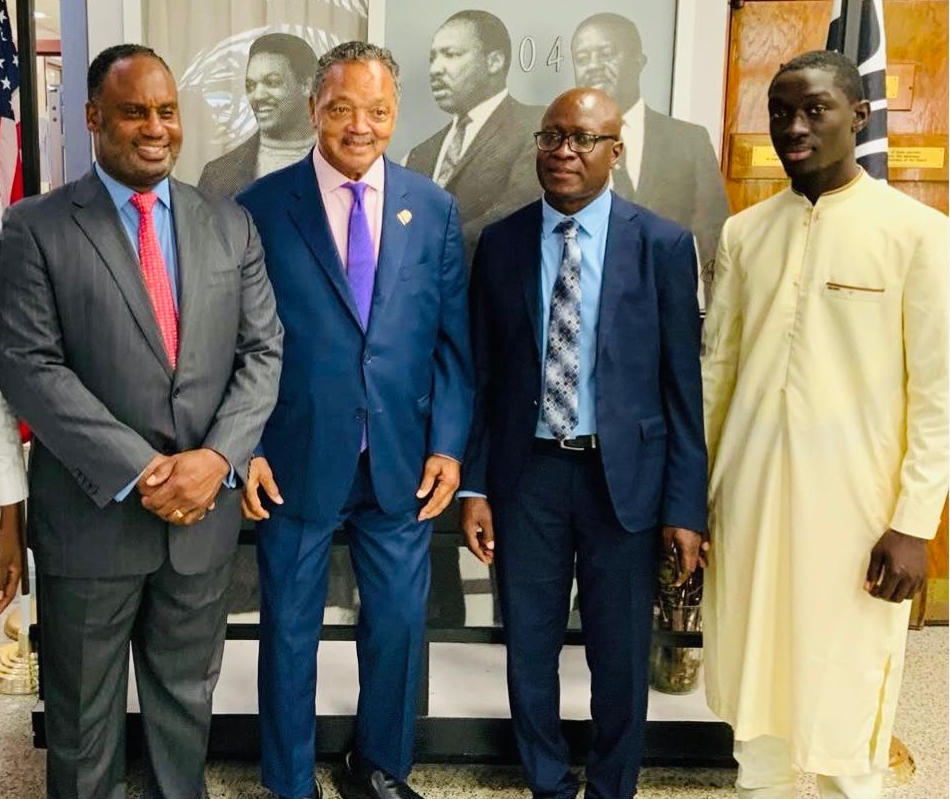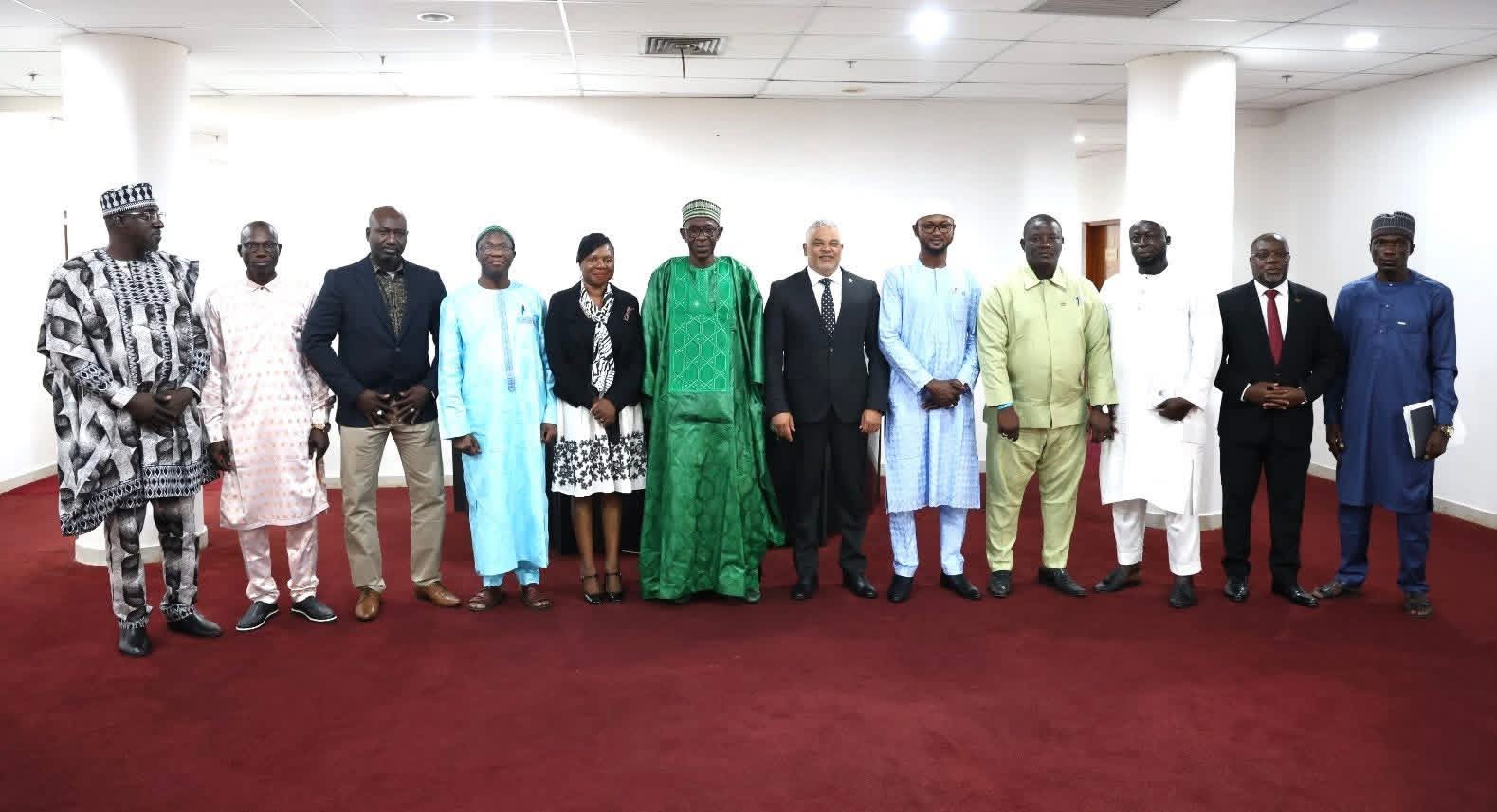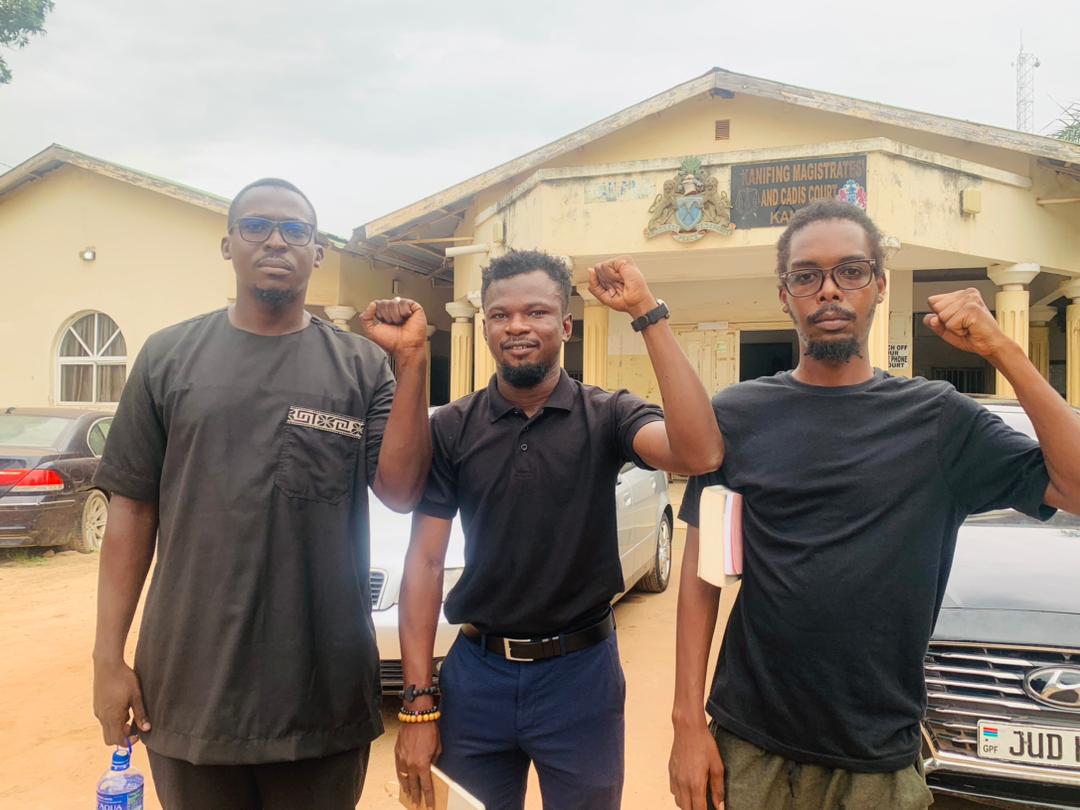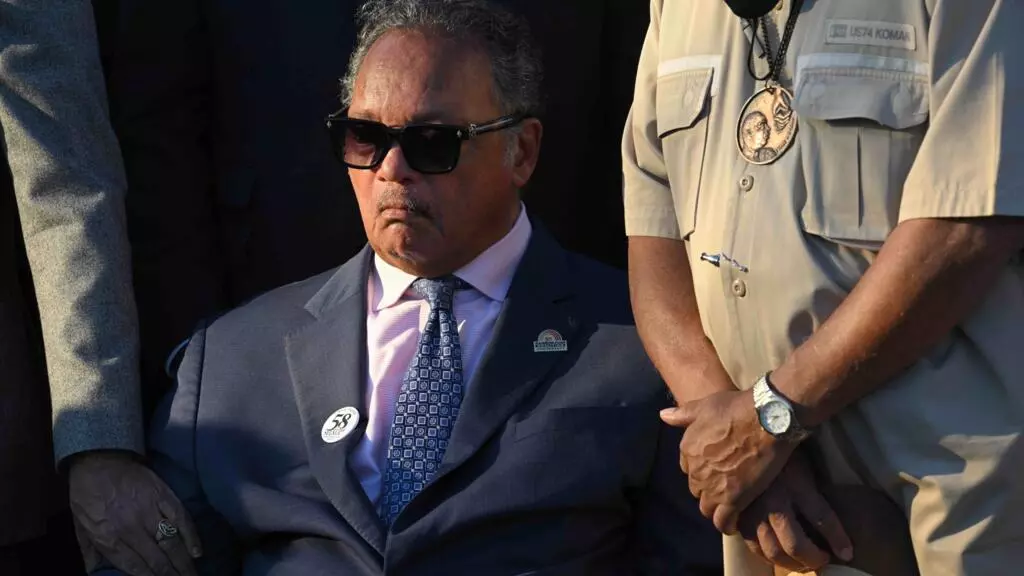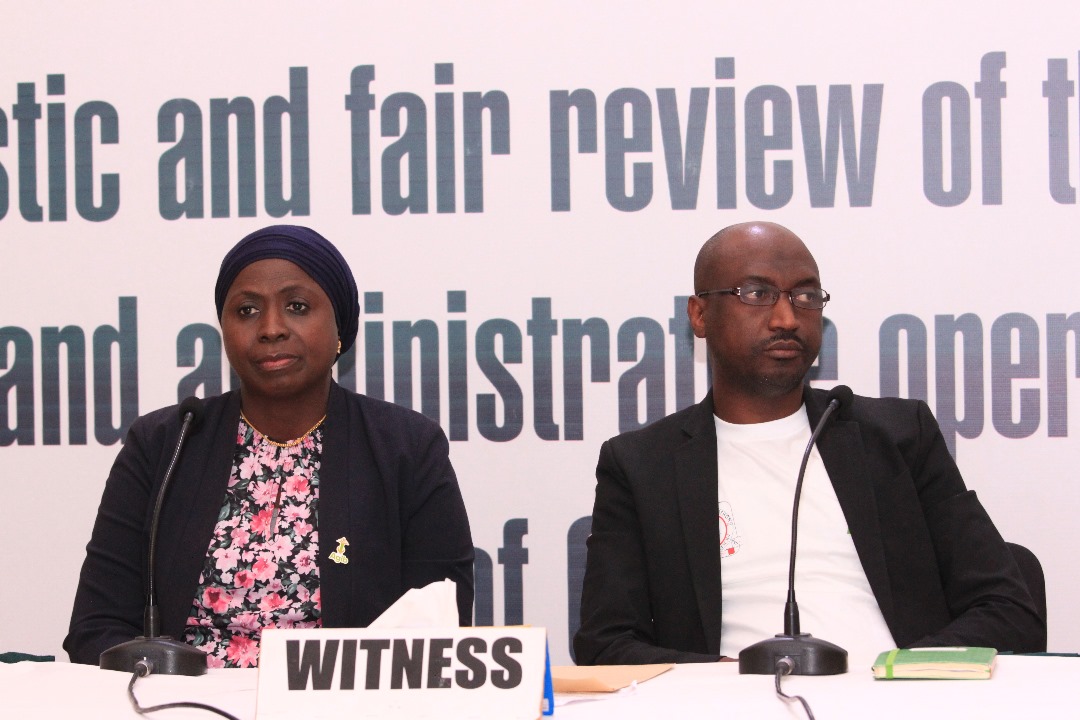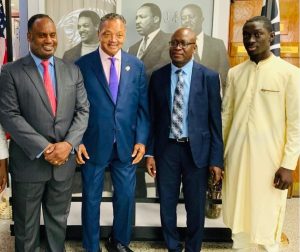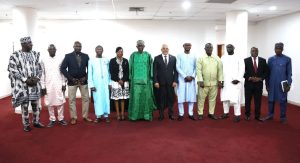Gambiaj.com – (Banjul, The Gambia) – The Managing Director of the Arab Gambia Islamic Bank (AGIB), Isatou Jawara, and the bank’s Operations Manager, Ousainou Jallow, appeared before the Local Government Commission of Inquiry on Thursday to defend AGIB’s role in financing a contentious truck procurement project under the Mbalit initiative.
The inquiry focused on AGIB’s joint venture with Espace Motors, a local vehicle supplier, for the purchase of trucks. The bank executives presented key financial documents, including the joint venture agreement, financing application, and swift transfer records for payments made to suppliers in China. According to their testimony, AGIB processed four separate transfers—on February 22, 2019, February 25, 2019, February 27, 2019, and March 18, 2019—amounting to D122 million. The bank’s profit margin from the deal stood at D13 million, while Espace Motors was set to receive D8 million.
However, under questioning from Lead Counsel Patrick Gomez, concerns arose over AGIB’s due diligence processes—or lack thereof. Jawara admitted that the bank did not conduct an independent financial assessment of Espace Motors before entering into the joint venture, relying instead on a longstanding business relationship.
“The project had no specific collateral,” Jawara testified, though she maintained that Espace Motors had sufficient assets with the bank to cover any potential losses.
Jallow echoed her stance, stating that AGIB holds a memorandum of deposit with Quantum (Espace Motors’ parent company) covering all transactions. However, he conceded that the bank’s management credit committee had not reviewed or approved the truck financing deal, which was processed solely under AGIB’s general partnership with Espace Motors.
The inquiry also revisited conflicting testimony regarding a prior request from the Kanifing Municipal Council (KMC) for a credit facility. Former AGIB relationship manager Samba Faye had testified that KMC’s request was denied, yet Jallow stated he had no recollection of such a request being discussed at the management level.
Gomez pressed the executives on why there was no formal agreement specific to the Mbalit project, no risk assessment, and no approval from the bank’s credit committee. “Was it sufficient to rely on an MoU to finance the purchase of the trucks without collateral, no approval by the credit facility committee, no assessment, and other requirements?” he asked.
Jallow defended AGIB’s approach, arguing that Quantum was treated as a business partner rather than a typical borrower. However, Gomez remained skeptical, pointing out that the bank eventually had to obtain authorization from Quantum to pursue KMC for payment—a move that underscored the project’s financial instability.
“If the funds were coming as expected, it would not have been necessary to follow the KMC,” Jallow admitted.
Gomez concluded that AGIB had miscalculated the financial viability of the Mbalit project and failed to establish a clear repayment structure. “This is possible because there was no due diligence done,” he stated.
As the inquiry continues, AGIB’s risk assessment practices and its broader approach to financial oversight remain under intense scrutiny.



